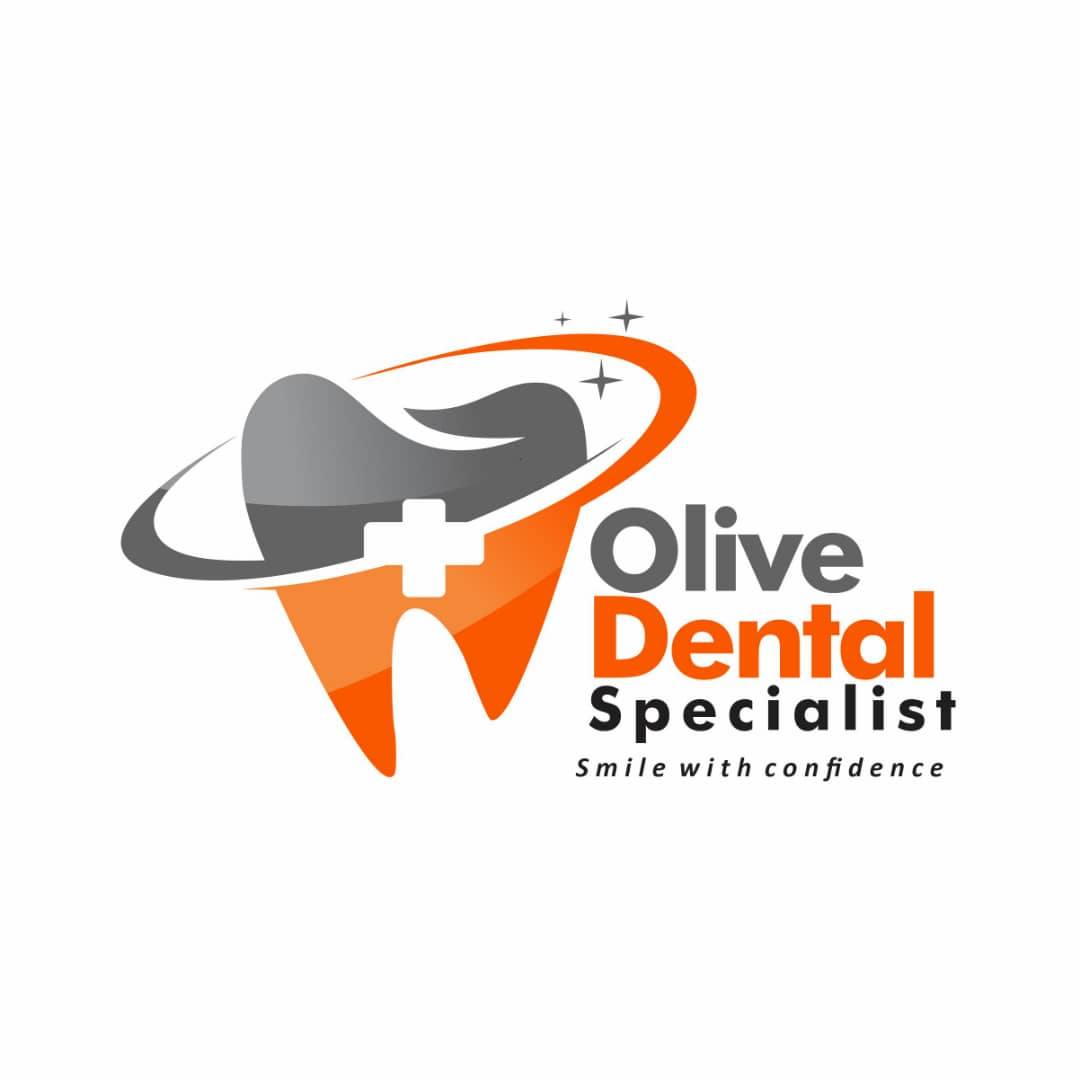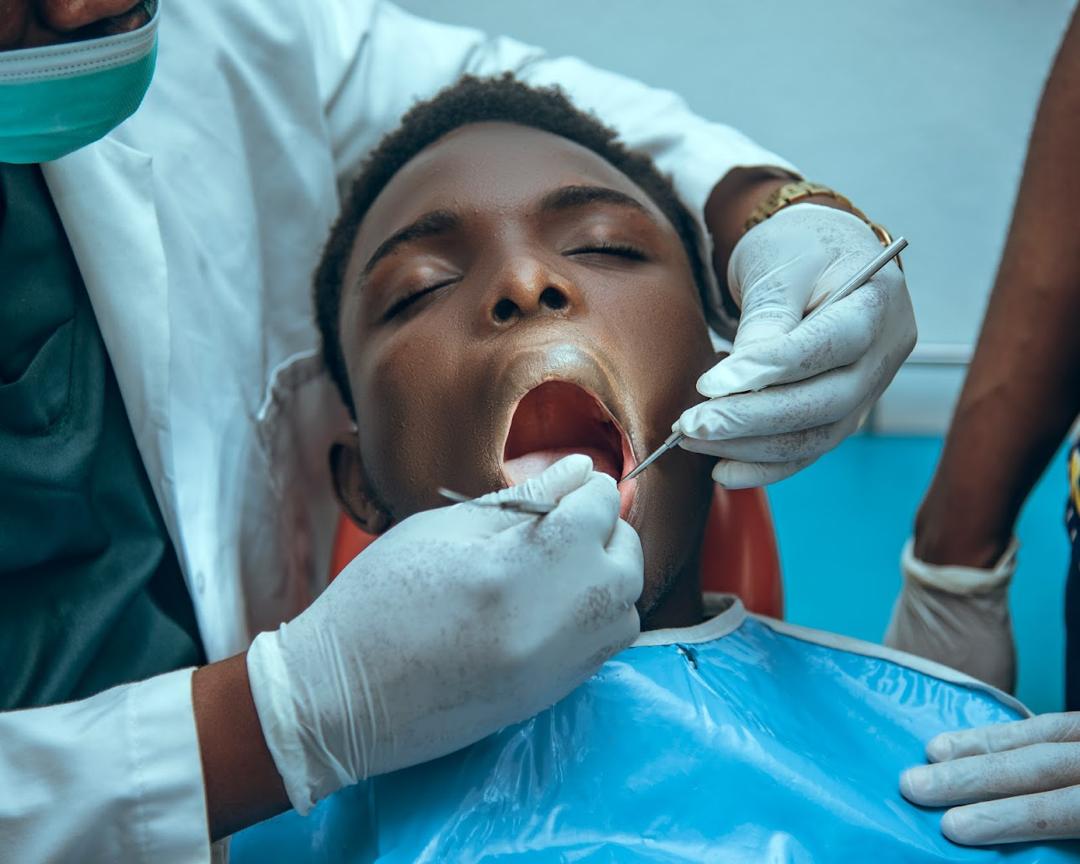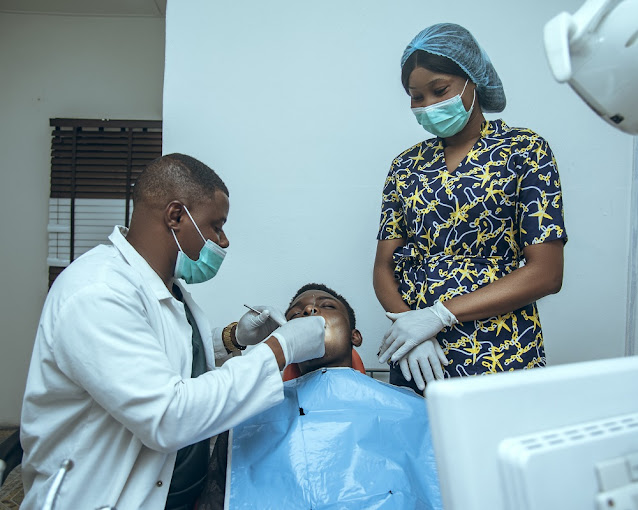In the pursuit of overall well-being, it’s crucial to recognize the interconnectedness of different aspects of our health. One such connection that often goes unnoticed is the relationship between oral health and sleep apnea. Let’s delve into the significant impact oral health can have on your sleep patterns and how addressing oral health issues can improve your quality of life.
Sleep Apnea: A Silent Disruptor
The term “Sleep Apnea” might be familiar, but understanding its implications is essential. Sleep apnea causes a person to experience pauses in breathing during sleep, leading to disrupted sleep patterns and increased fatigue during the day. These interruptions in breathing can range from a few seconds to minutes and can occur multiple times an hour. There are three types of sleep apnea:
- Obstructive Sleep Apnea (OSA): The most common form, OSA occurs when the muscles in the throat relax excessively, causing a blockage of the airway.
- Central Sleep Apnea: This type involves the brain failing to send proper signals to the muscles that control breathing.
- Complex Sleep Apnea Syndrome: Also known as treatment-emergent central sleep apnea, this condition is a combination of obstructive and central sleep apnea.
Symptoms of Sleep Apnea
Common symptoms of sleep apnea include:
- Loud snoring
- Episodes of breathing cessation during sleep
- Abrupt awakenings accompanied by gasping or choking
- Morning headaches
- Excessive daytime sleepiness (hypersomnia)
- Difficulty concentrating during the day
- Mood changes, such as depression or irritability
- High blood pressure
- Decreased libido
Oral Health and Sleep Apnea: Unveiling the Connection
Research suggests a compelling link between oral health and sleep apnea. Issues like teeth misalignment, inflammation, and periodontal disease can contribute to or exacerbate symptoms of sleep apnea. Here’s how:
Teeth Misalignment and Jaw Position
The alignment of your teeth and jaw affects the positioning of your tongue and soft tissues in the mouth. Misaligned teeth and improper jaw positioning can lead to a narrower airway, increasing the likelihood of obstructions during sleep. Orthodontic issues like overbites, underbites, and crossbites can further complicate the airway’s structural integrity.
Inflammation and Periodontal Disease
Inflammation in the oral cavity can contribute to airway obstruction, a common factor in sleep apnea. Periodontal disease, characterized by gum inflammation and potential tooth loss, can exacerbate this issue. Bacteria from periodontal disease can enter the bloodstream, causing inflammation in other parts of the body, including the tissues in the throat, which can obstruct airflow during sleep.
Tongue and Soft Tissue Position
The position of the tongue and soft tissues in the mouth plays a crucial role in maintaining an open airway during sleep. When these tissues relax excessively, they can collapse and block the airway. Oral health issues that affect these tissues can, therefore, directly influence sleep apnea symptoms.
Snoring: A Warning Sign
While snoring is often dismissed as a minor annoyance, it can be a red flag for underlying sleep apnea issues. Snoring occurs when airflow is partially blocked during sleep, resulting in the vibration of tissues in the throat. If left unaddressed, snoring can evolve into more severe conditions, emphasizing the importance of paying attention to oral health indicators.
The Role of Oral Appliances
For those diagnosed with sleep apnea, oral appliances can be an effective treatment option. These devices, fitted by a dentist, help to keep the airway open by repositioning the lower jaw and tongue during sleep. This can reduce snoring and improve sleep quality, making regular dental check-ups crucial for individuals with sleep apnea.
Taking Action for a Good Night’s Sleep
Addressing oral health issues can significantly improve sleep quality for individuals with sleep apnea. Here are some steps you can take:
Regular Dental Check-ups
Regular dental check-ups can help identify and address potential issues such as misaligned teeth, inflammation, or periodontal disease. Your dentist can provide treatments and recommendations to help alleviate symptoms and improve your oral health.
Orthodontic Solutions
Orthodontic treatments like braces or clear aligners can correct teeth misalignment and improve jaw positioning. This not only enhances your smile but also helps to maintain an open airway during sleep.
Anti-inflammatory Measures
Managing inflammation through good oral hygiene and professional dental care is essential. This includes regular brushing and flossing, using anti-inflammatory mouth rinses, and getting professional cleanings to keep your gums healthy.
Lifestyle Adjustments
Making certain lifestyle adjustments can also help manage sleep apnea symptoms:
- Weight Management: Maintaining a healthy weight can reduce the severity of sleep apnea.
- Sleeping Position: Sleeping on your side instead of your back can prevent the tongue and soft tissues from collapsing into the airway.
- Avoiding Alcohol and Sedatives: These substances can relax the muscles in the throat, worsening sleep apnea symptoms.
- Quitting Smoking: Smoking can increase inflammation and fluid retention in the airway, exacerbating sleep apnea.
The Importance of Comprehensive Dental Solutions
At Olive Dental Clinic, we are dedicated to providing comprehensive dental solutions that enhance both oral health and confidence. Our experienced team understands the link between oral health and sleep apnea and is here to offer personalized care and guidance. By prioritizing your oral well-being, you’re not just ensuring a radiant smile, but also paving the way for restful nights and energized days.
Contact Us for Personalized Guidance
If you have any questions or need personalized guidance, don’t hesitate to reach out to our dedicated team. Remember, your journey to a confident smile and a good night’s sleep is a partnership between you and us! Let’s create smiles that last a lifetime.
By following the information and tips provided in this blog post, you can better understand the connection between oral health and sleep apnea and take proactive steps to improve both. Prioritizing dental care and making necessary lifestyle changes can lead to better sleep quality and overall health.



